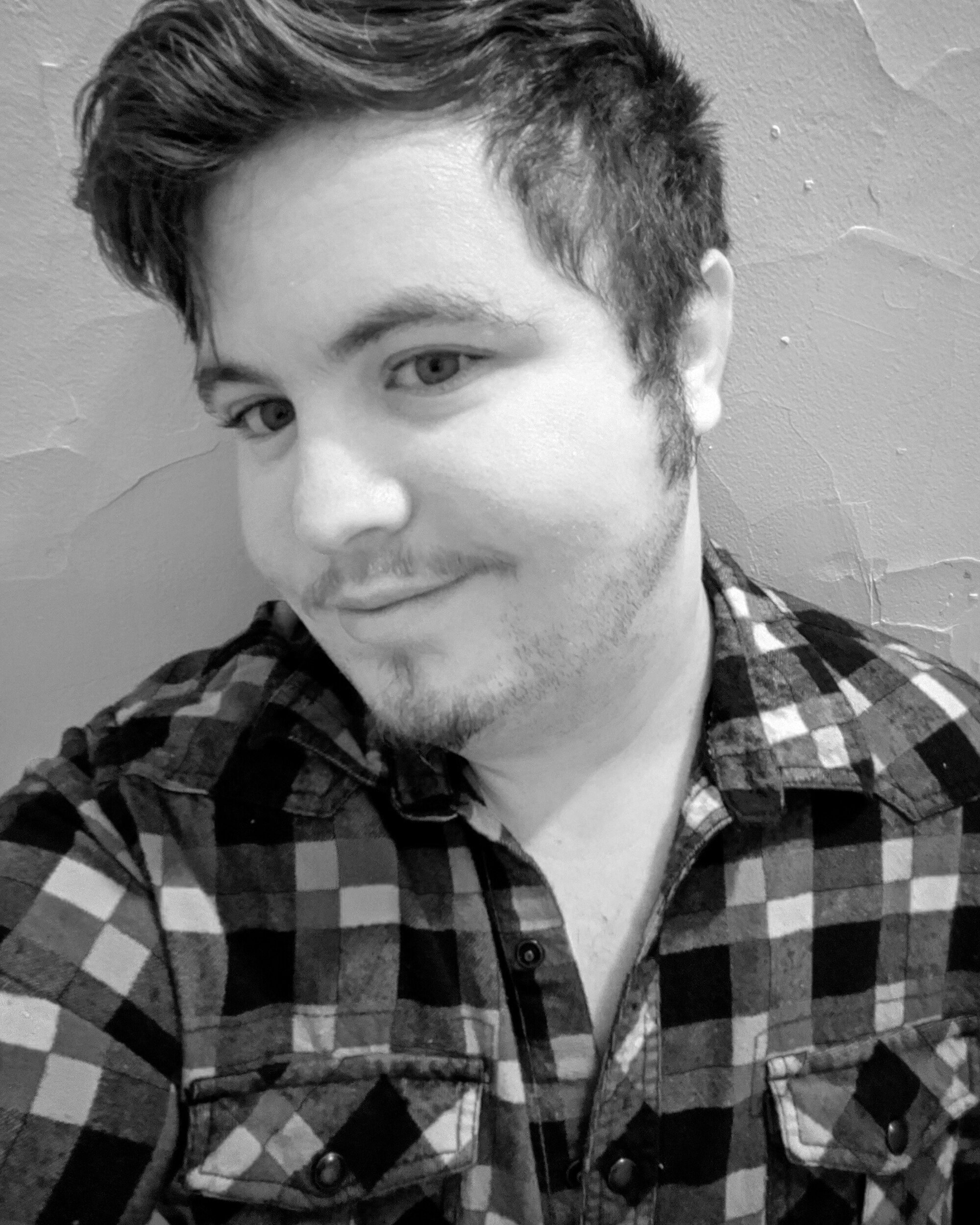I've spent the last few months treading water. I'm grieving, but it's not just that. Or not just my grief weighing heavy on my life. The pandemic changed our world in ways our society has yet to process. Sometimes, I think it just broke us all. But then, I don't believe in breaking. Not permanently, anyway. Pottery can be reglued, people can heal, governments topple and are reborn. Even matter lingers on past death. It just changes form with time.
Culturally insensitive as the book is, there's a scene in "Memoirs of a Geisha" that keeps repeating in my mind. The main character is struggling with a new dance and an old heartbreak, until suddenly she melds them. She lets the weight of her grief guide her movements, slowing them into grace. Grief is given shape. Pain transforms to motion.
I feel frozen.
There's a lesson buried somewhere between pain and movement, but I haven't quite found it yet. I used to think it was acceptance. I thought if I let myself feel my grief it would lose its power over time. Instead, it's grown roots. Maybe some emotions are too vast for a body to hold. I can feel it in my marrow, transforming my very DNA. The grief has become more real than its origins.
I'm no longer treading water. The lake has iced over. I sink.
America has so many myths about prisons and prisoners, but I hear one story over and over from the prisoners themselves. Their cells are waiting games. The rules are violent, but easily understood. There's a rhythm to life in prison, but there's also a countdown, avid and feral. Five more years until release. Two more months. A week.
Today.
All they want is to walk out those doors, until they actually close behind them. Suddenly, they're facing a new world, one that has changed in overwhelming ways. Prison was supposed to be penance, but society expects them to be more cartoon villain than human, and treats them accordingly. Some become the stereotype because at least then they're seen. More than that, at least a villain has a role.
Prison has structures. Prison has schedules. Prisoners know what they need to do at all times. Most of the rules are spelled out in rulebooks and alarms and guards. And prisoners fall within groups and gangs, uneasy as the partnerships might be. They're not alone.
But life outside those walls is isolating. The rules are different, and all of them are unwritten and constantly changing. Their life is choices, and structured to help them fail. Where do they sleep? How do they make money? What do they eat? Who do they talk to? What do they talk about? Living becomes a cacophony of decisions, and it's overwhelming. Sometimes people around them try to help, but they're usually helping a stereotype of an ex-convict, not a person with all the complexities of any other human. Most people, though, don't offer even that. Falling into old patterns becomes comfortable, and as small as a cell might be, at least it's defined.
Sometimes I think my apartment has become its own kind of prison. Life within it is lonely and uncomfortable, but at least it's consistent. I control what happens within these walls. I make the rules and I own the space. I choose who enters it, and who leaves and when. The choices are defined, limited, and structured. Even if I can't control the world around me, I can control this.
When I step through the door, that control is gone. Nothing is predictable. The world is all variables, and the people within it bundles of contradictions. So I hide. My world is lonely, but it's mine. Each day, it's harder to leave the apartment. Each day, it's harder to want to. Even taking out the trash becomes an endeavor.
I'm not alone. The more stories I read of the world around me, the more I see this echoed. Grief has become as much a cultural more as ambition, and loneliness a default. Once, trauma was disorder. Now, it's just a fact of life. I burrow deeper beneath my covers. I want no part of this new world. I am a poster-child for life within it. I breathe. I read. I hide. I tread water. It's exhausting.
When does grieving become living again? I've slowed down. Where is the grace in feeling? When will my heart unfreeze? My limbs are heavy. They do not move. The pain presses beneath my skin. I sink beneath the waters. I do not move.
I try to change things. I try to add new variables. I try to feel. I open my door. I walk down the stairs. I take out the trash. I return to my bed, tired all over again. Tomorrow I'll do laundry. I'll drive to the grocery store. I'll call the doctor. I'll visit a friend.
Tomorrow. Tomorrow. Tomorrow.
A few days pass. I try again. Is this healing? Or am I falling apart? The boundary between progress and depression has blurred. Did it ever exist in the first place? I am grieving. Or am I grief? The cry for change is distant. I still do my best to hear its whispers.
I open the door. I face the world. I try to become more than my grieving. I am more than my grieving. It hurts.
I walk down the stairs. I take out the trash. I drive to the store. I visit a friend.
I breathe. I change. I feel.





